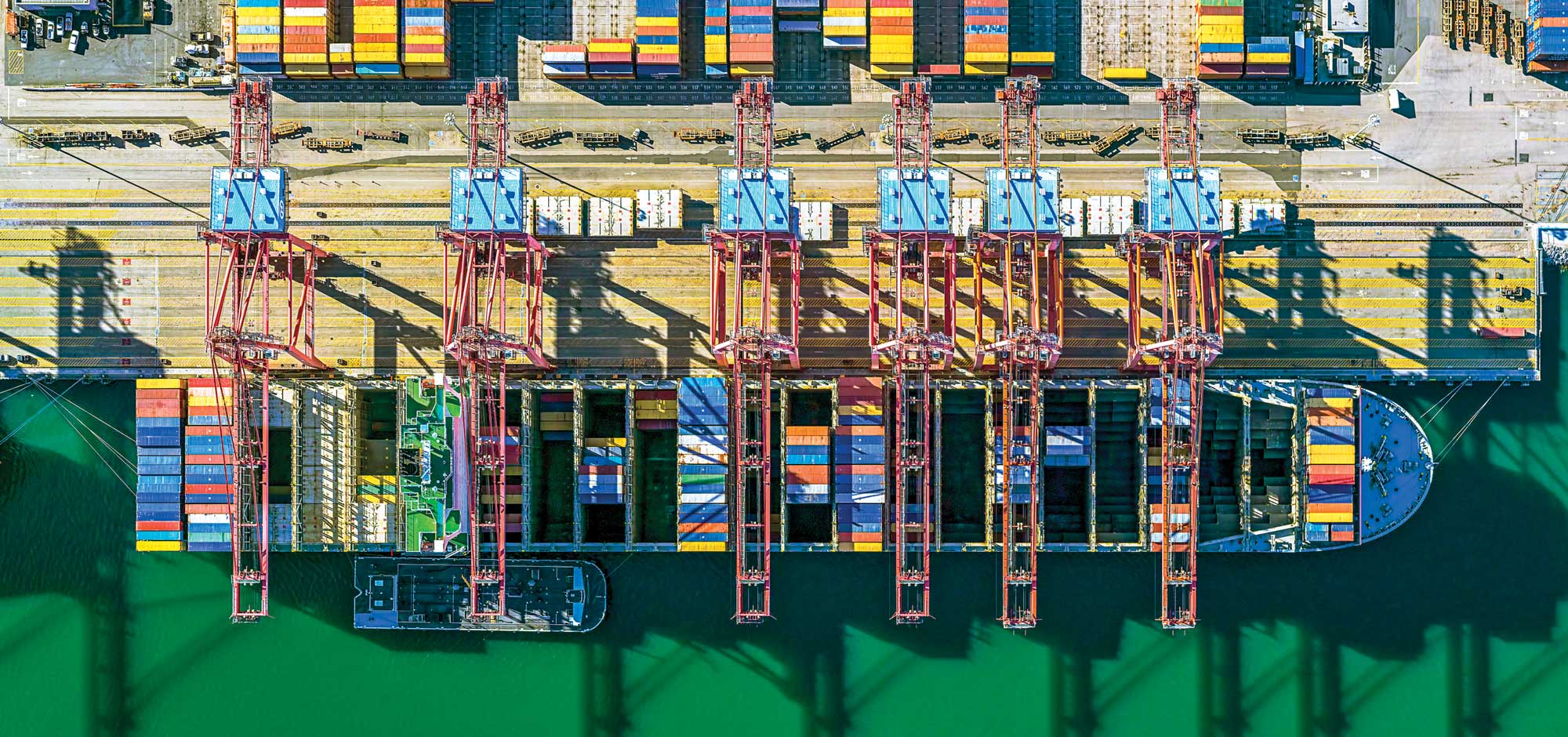Supply chain transparency is the ability to track and trace the movement of goods and materials through the supply chain, from the point of origin to the point of consumption. It is important for a number of reasons, including:
- Improved efficiency: Transparency can help to identify and eliminate inefficiencies in the supply chain, such as unnecessary steps or delays. This can lead to cost savings and improved customer service.
- Reduced risk: Transparency can help to reduce the risk of disruptions to the supply chain, such as product recalls or natural disasters. This can help to protect businesses from financial losses and reputational damage.
- Increased customer satisfaction: Customers are increasingly demanding transparency from the companies they do business with. They want to know where their products come from, how they are made, and how they are being treated. Transparency can help to build trust with customers and improve customer loyalty.
- Compliance with regulations: Many industries are subject to regulations that require them to be transparent about their supply chains. For example, the food and beverage industry is required to track the movement of food products to ensure that they are safe for consumption.
There are a number of ways to improve supply chain transparency. One way is to use technology, such as RFID tags and blockchain, to track the movement of goods and materials. Another way is to develop strong relationships with suppliers and partners. By working together, businesses can share information and collaborate on ways to improve transparency.
Supply chain transparency is an important concept that can benefit businesses in a number of ways. By improving efficiency, reducing risk, increasing customer satisfaction, and complying with regulations, transparency can help businesses to succeed in today’s competitive marketplace.
Here are some specific examples of how supply chain transparency can benefit businesses:
- Walmart: Walmart is one of the most successful retailers in the world, and it has achieved its success in part by improving supply chain transparency. Walmart has implemented a number of initiatives to improve transparency, including requiring suppliers to provide detailed information about their operations and using RFID tags to track the movement of goods. These initiatives have helped Walmart to reduce costs, improve efficiency, and improve customer satisfaction.
- Nike: Nike is another company that has benefited from supply chain transparency. Nike has been proactive in working to improve the transparency of its supply chain, and it has published a number of reports on its efforts. These reports have helped Nike to improve its reputation and build trust with consumers.
- Apple: Apple is known for its high-quality products, and it has also been praised for its commitment to supply chain transparency. Apple has published a number of reports on its supply chain, and it has worked to improve the working conditions of its suppliers. These efforts have helped Apple to improve its reputation and build trust with consumers.
These are just a few examples of how supply chain transparency can benefit businesses. As the world becomes increasingly interconnected, the importance of transparency in supply chains will only continue to grow.
Challenges to Supply Chain Transparency
Despite the many benefits of supply chain transparency, there are a number of challenges that businesses face in implementing it. Some of these challenges include:
- Cost: Implementing supply chain transparency can be expensive, especially for small businesses.
- Complexity: Supply chains are complex, and it can be difficult to track the movement of goods and materials through the entire chain.
- Data security: Businesses need to be careful to protect the data they collect about their supply chains.
- Resistance from suppliers: Some suppliers may be reluctant to share information about their operations.
Despite these challenges, the benefits of supply chain transparency outweigh the costs. Businesses that are able to overcome these challenges will be well-positioned to succeed in the future.





